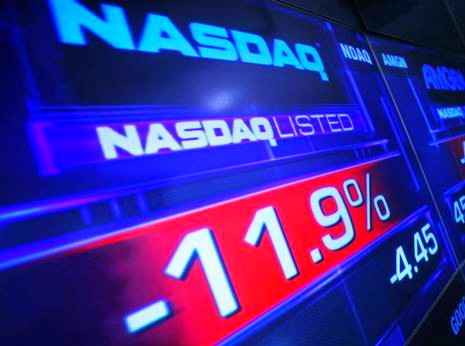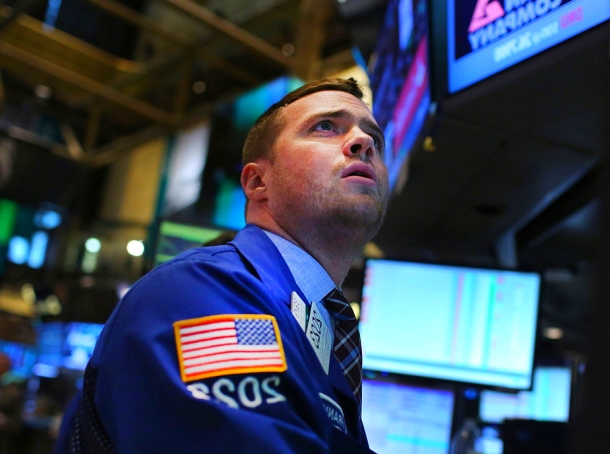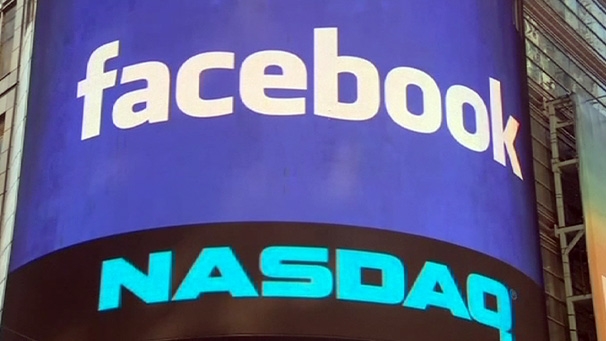Many agree with Dell’s special committee’s assertion that Michael Dell’s bid of $13.65 per share is the best offer available to shareholders, constituting a superior offer to Carl Icahn’s partial buyout proposal. A growing number of major shareholders have voiced their dissent, and on the eve of the vote, nearly 30% of Dell’s shares had stated positions against the buyout.
While some of the shareholders may have switched their votes overnight, the delay indicates that Dell’s board thinks Michael Dell needs more time to reach the 42% support threshold. In all, we think the best decision for shareholders is to accept the $13.65 offer, but it appears that the two sides could be at an impasse.
First, there is little indication that Michael Dell will increase his bid. Silver Lake and Michael Dell would need to raise approximately $520 million of additional funding to raise their bid to $14, despite the fact that there is no guarantee of success. We are skeptical that Silver Lake, which has limited exposure to future declines in Dell shares, would want to assume one-half billion of additional debt to finance the buyout. Second, Icahn’s proposal needs 50% shareholder approval to elect all 12 of his board nominees.
If even one nominee isn’t selected, Icahn wouldn’t have access to the $5.2 billion loan he needs to buy back 1.1 billion shares at $14. We believe it will be more challenging for Icahn to attain 50% support relative to preventing Michael Dell from attaining 42% support (Dell cannot use his 16% equity stake to vote for the buyout and needs a yes vote from at least half of the remaining shares). However, if the $13.65 bid is voted down, Michael Dell could use his stake to counter any of Icahn’s actions. Third, we believe Icahn’s proposal could impair Dell’s success in the longer term.
The company would have 1.7 times leverage, which would limit the financial flexibility it would need to make acquisitions to complete its transition to an enterprise solutions provider. Icahn’s proposal would also keep Dell a publicly traded company, and we believe Dell management would face pressure from investors to spin out low-margin operations (like PC sales) and deliver short-term results that aren’t aligned with the best longterm strategy for the company. In addition, we don’t think shareholders looking for a more independent board–which is one of Icahn’s foremost criticisms–would want to swap out all 12 of Michael Dell’s directors for 12 new directors handpicked by Icahn. We note that Icahn needs all 12 nominees to be elected to enact his proposal.
Discover more from Tech News
Subscribe to get the latest posts sent to your email.









